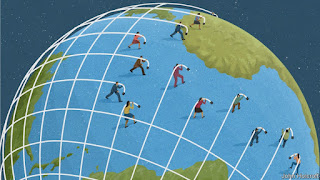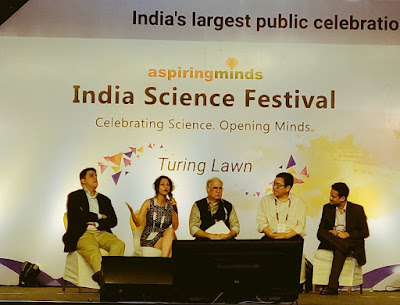The Economist coverage of my Next Billion Users book
I have been a loyal subscriber of The Economist for more than a decade. I first got introduced to it during my Masters program in International Policy at Harvard University where everyone pretty much cited it to make their argument. I am well aware of their neo-liberal bias but am always appreciative of their strong voice, international perspective, and innovative lens to very different and often hidden trends in the current societies.
So, of course I was absolutely thrilled to see an article grounded in my new book 'The Next Billion Users" with Harvard Press titled, How the pursuit of leisure drives internet use.
Some of their quotes from the article are as follows.
"In her book “The Next Billion Users”, Ms Arora finds that Westerners assume that poverty “is a compelling enough reason for the poor to choose work over play when they go online.” The poor do not see it that way. Years of fieldwork across the globe have led Ms Arora to conclude that when it comes to getting online, “play dominates work, and leisure overtakes labour.”Where people planning development strategies imagined, metaphorically at least, Blackberries providing new efficiencies and productivity, consumers wanted the chat, apps and games of the iPhone. Worthier uses tend to follow. But they are the cart not the horse."
It feels very validating considering there was much push back from some of my mentors and peers over these years on the usage of "leisure" in development studies - I was told its too peripheral a topic to focus on, I was told to be careful to be associated with such a trivial theme in research and other such warnings. Glad to have not listened to them.





Comments
Post a Comment